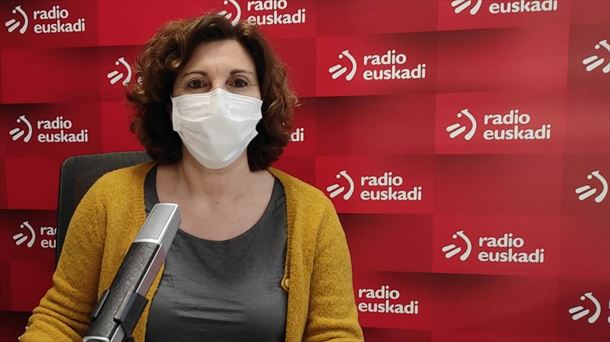There is hardly any other issue on which there is now such a great agreement in top politics, but also among Austrians, as on the issue of migration. Nevertheless, there are major obstacles when it comes to deportations. The “Krone” looked at the problems and possible solutions.
The figures from the Ministry of the Interior speak for themselves: every second asylum seeker forcibly deported in Austria has previously committed a criminal offence in this country.
As numerous submissions, as well as our research published on Sunday, show, stricter rules are required here.
The greatest agreement was measured on the migration issue: 86 percent. Politically, it is no longer just the FPÖ and ÖVP who demand more frequent deportations and stricter measures. But what are the problems in the asylum system?
The “Krone” has taken a closer look at the subject:
- State pays for ‘starting aid’
First of all, it should be noted: deportation is not the same as deportation. This is also evident from a question-answer from the Ministry of the Interior to the “Krone”. In the first six months of the year, 6,553 asylum seekers were deported. A distinction must be made between deportations with (3,473) and without (3,080) coercive measures. “Of the 3,080 deportations without coercive measures, 1,809 were supported by the state,” says the ministry. No less than 700,000 euros flowed from the state, among other things for ‘financial start-up support’. A circumstance that is not only experienced positively by the population. - Expert in previous integration measures
Lukas Gahleitner-Gertz, spokesman for the Austrian Asylum Coordination, points out problems in what he sees as the integration policy, which is legitimate because it was chosen, but still needs to be revised. “People stay in asylum centres for too long. In Tyrol, asylum seekers sometimes wait two years for an interview,” he says. In concrete terms, he calls for integration measures such as German courses in basic care. This requires “stronger investments”. “More deportations alone cannot be the solution. In addition to previous integration measures, more return agreements are also needed,” the expert says.
- Deportations to Afghanistan possible again
Such agreements are of course not easy to implement, especially with countries like Afghanistan, where the Taliban rule. At least one legal hurdle has been overcome. It was not until July that the Constitutional Court ruled that deportations to Afghanistan were generally possible again. Accordingly, an asylum seeker’s complaint was essentially dismissed on the grounds that the security situation had improved since the Taliban came to power and that the man had a solid economic climate. ÖVP Interior Minister Gerhard Karner (ÖVP) now wants to discuss with other EU countries how implementation could work. He also instructed the Federal Office for Immigration and Asylum (BFA) to assess further cases from Afghanistan. In fact, it remains complicated. As reported, there are still crucial hurdles and open questions when it comes to the deportation of an accomplice in the Leonie case. - Talks with neighbouring countries
Afghanistan’s neighbours could offer help. Interior Minister Karner is holding bilateral talks with Afghanistan’s neighbours to make deportations via this route possible. The Interior Ministry has been working on a solution for eighteen months. In recent years, there have already been departures to Syria – even without coercion. Around 150 in the first half of the year. Efforts are being made to improve relations with Syrian dictator Bashar al-Assad.
New uncertainties give Austrians in general a lot to think about. The “Krone” therefore commissioned a survey to find out what worries their compatriots the most. In addition to the migration issue, education, the cost of living and gender madness are also hot topics. In the coming weeks, you will be informed about further problem overviews and possible solutions on krone.at and in the “Krone”.
Source: Krone
I am Ida Scott, a journalist and content author with a passion for uncovering the truth. I have been writing professionally for Today Times Live since 2020 and specialize in political news. My career began when I was just 17; I had already developed a knack for research and an eye for detail which made me stand out from my peers.



